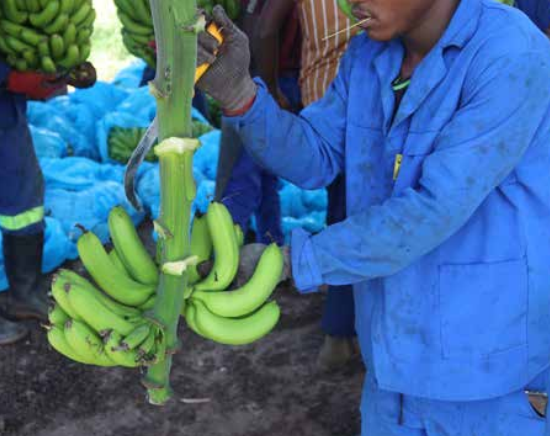
The Centre for Trade Policy and Development – CTPD has urged Government to exercise caution and seriously consider the implications of the Food Reserve Bill 2020 as it does not address the historical inefficiencies of the Food Reserve Agency – FRA in its current form.
CTPD notes that the Food Reserve Bill 2020 does little to address historical controversies associated with the FRA such as increased presence in the commodity markets, which should be the preserve of private sector players.
CTPD Senior Researcher Trade and Development Dr. Simon Manda stated that the Food Reserve Bill 2020 risks creating an FRA full of contradictions, inefficiencies and a platform for rent-seeking behavior by well-connected large-scale producers and political actors.
Dr. Manda said in a statement made available to the Zambian Business Times – ZBT that The Food Reserve Bill 2020 in its current form extends the existence of the FRA by redefining and extending its functions.
He said it also allows FRA to integrate social functions of maintaining strategic grains on the one hand and commercial functions of grain marketing driven by profitability potential on the other. There has to be clear lines of operations to ensure these two divergent objectives are not abused.
“As CTPD we think, this is completely misleading and contradictory as it can only create a fittingly relevant platform for inefficiencies and scope for corruption,” He said.
According to the Food Reserve Bill 2020, the Agency is allowed to market, and trade designated agricultural commodity on the one hand and purchase, import, sell, trade or export a designated agricultural commodity on the other.
The bill is also aimed at correcting problems relating to the supply of designated agricultural commodities arising from the manipulation of prices or monopolistic trading practices.
The Bill also allow the agency to identify, enter and operate markets in rural areas and determine prices for commodities and further states that a trader or processor shall, prior to selling a designated agricultural commodity, makes a statutory declaration to the Agency or otherwise commits an offence.
Dr. Manda added that the provisions in the bill are not progressive and that the role of the private sector actors in agriculture marketing is not clear.
The Centre has since urged Government to consider creating a clear coordination of different actors including traders and producers and how these will interact in the renewed mandate given to the FRA once the bill is enacted.
The Agro commodity market in Zambia needs a clear and transparent regulatory regime that will foster growth and support the export of various crops to ensure the expansion and utilization of the massive land and water resources in Zambia.







